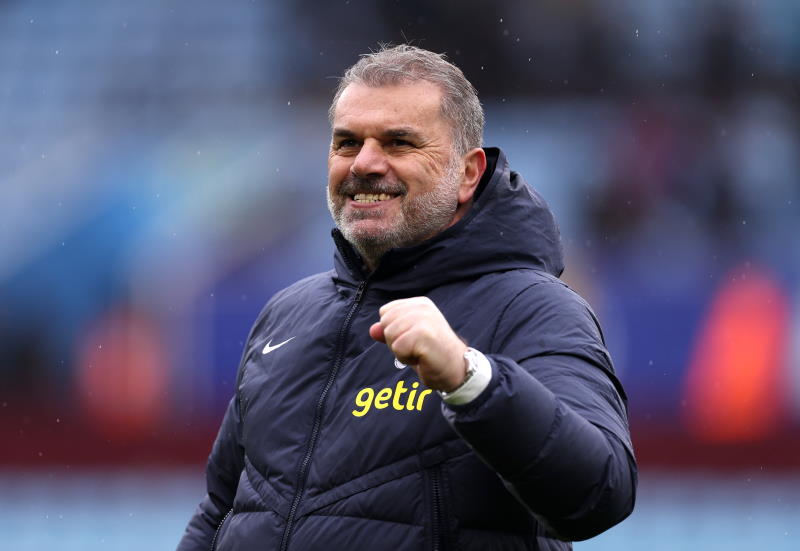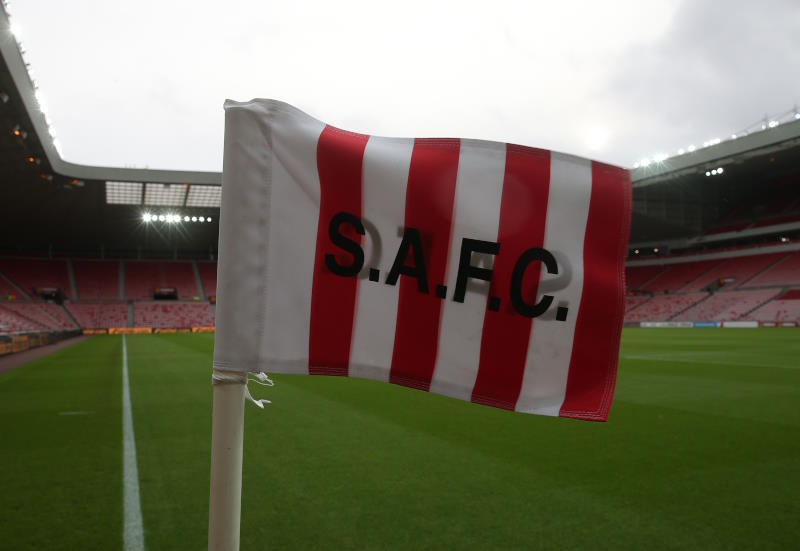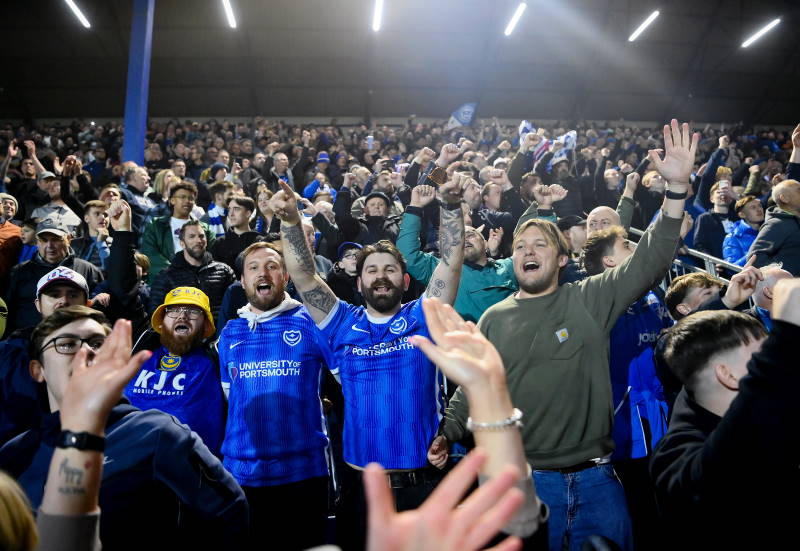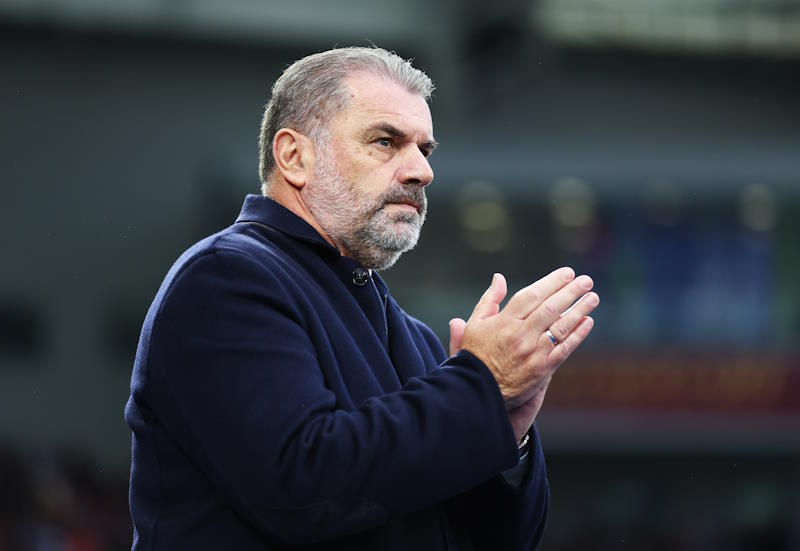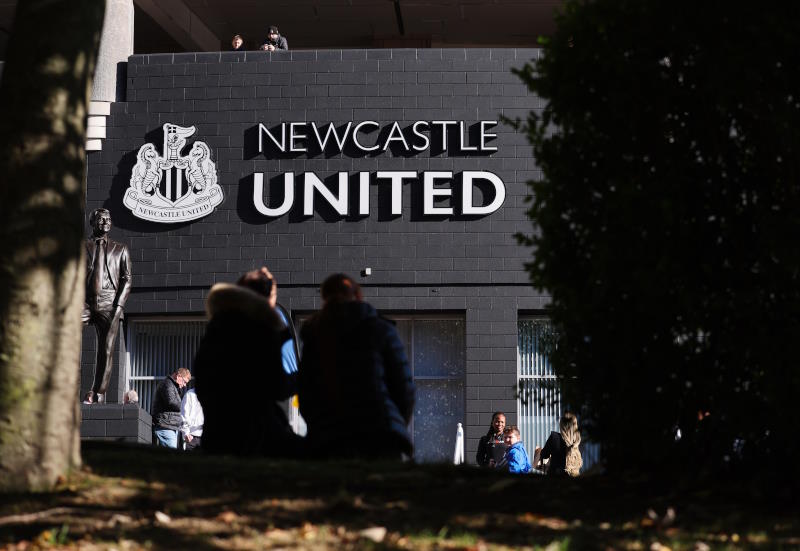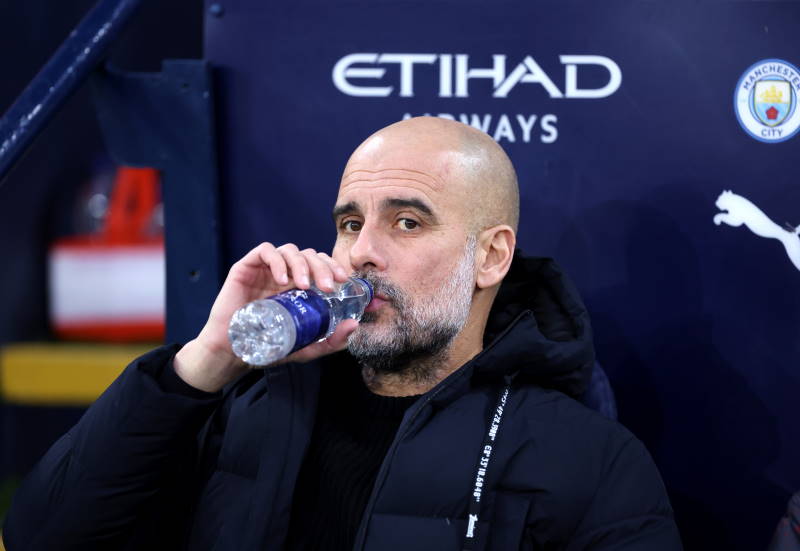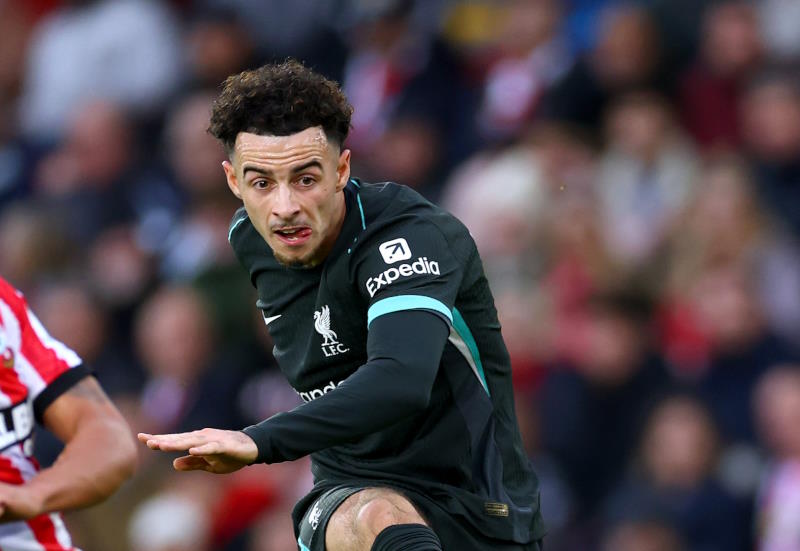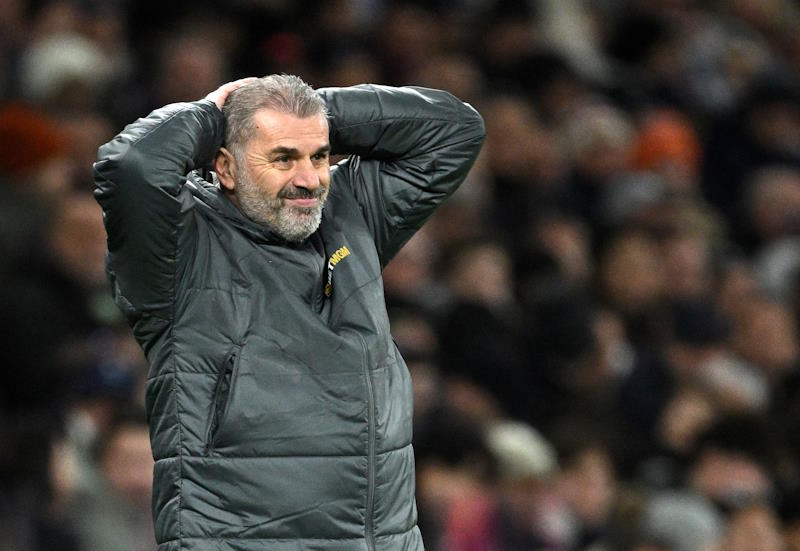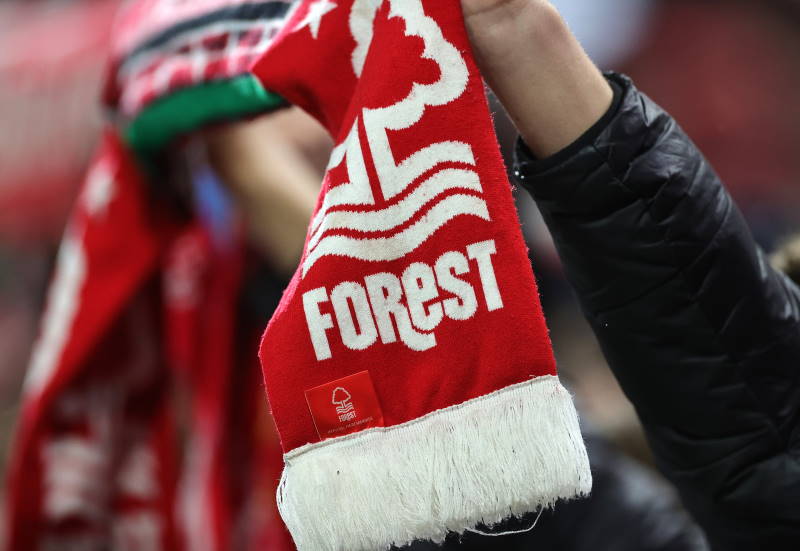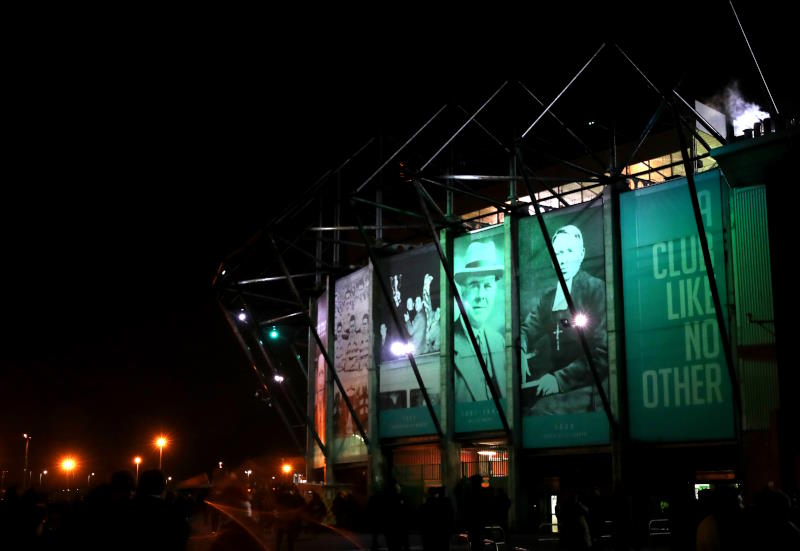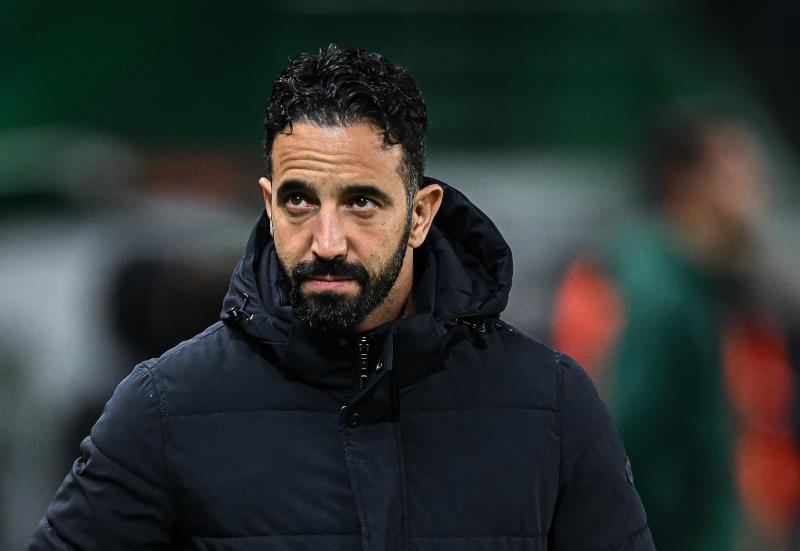
At the end of the month FIFA delegates will listen to a presentation from the Independent Governance Committee (IGC), the body tasked with driving forward reforms since the 2011 scandal which rocked world football’s governing body.
The IGC will be in Mauritius at FIFA’s annual congress for the most part bidding to continue their work for the foreseeable future. FIFA has billed this month as the end of the reform process, but for those involved in the IGC there is no sense that their work is done just yet. It is worth recapping exactly why there is a reform process and what it has achieved so far.
Back in 2011, FIFA’s presidential election pitted Sepp Blatter against Mohamed bin Hammam of Qatar. Bin Hammam and Jack Warner were subsequently forced out after being found guilty by FIFA of bribing Caribbean voters. The firestorm of criticism that ensued, as Blatter won the election unchallenged, was tremendous, given the controversy caused by awarding Qatar the rights to host the 2022 World Cup and the fact that members of FIFA’s executive committee had been suspended for offering to trade their votes for the awarding of the 2018 and 2022 World Cups for bribes.
Blatter subsequently likened himself to a captain trying to steer the ship through troubled waters. Perhaps the irony escaped him that he made that analogy exactly 100 years to the day that the Titanic set sail from Southampton on its ill-fated maiden voyage to America.
The waters are no less choppy two years on, with the end goal supposedly in sight. There have been changes made. The introduction of independent heads of FIFA’s ethics committee and investigatory chamber were good starts. Britain is losing its in-built privileges that came with being the place where the game was codified over 100 years ago. FIFA failed to see the iceberg ahead though as UEFA blocked their progress after a decent start; they blocked key reforms suggested by the IGC, including integrity checks for senior officials and the limitation of the terms FIFA presidents can serve: Surely no coincidence then that the favourite to replace Blatter at the next election in 2015 is a European – Michel Platini.
There had already been murmurs of discontent from Mark Pieth, the head of the IGC, who had previously complained of opposition to their reforms from senior figures within FIFA. Yet many members of the IGC had expressed perhaps surprising personal faith in Blatter – apparently he genuinely wanted to reform the organisation as part of his legacy. That may well be true, but either way it cannot undo the damage done to what little is left of his credibility by the numerous scandals that have dogged FIFA.
A third of FIFA’s executive committee have been kicked out, resigned or suspended in disgrace over the last three years. And long awaited publication of the ISL papers revealed that former FIFA president Joao Havelange, as well as his ex-son in law, the last Brazilian football chief Ricardo Teixeira, took bribes from FIFA’s former marketing partner. Havelange has been forced out of the International Olympic Committee and to resign his honorary FIFA presidency as a result; Teixeira pre-emptively quit his posts last year. Blatter, who was general secretary at the time that Havelange was syphoning money from ISL, has had his handling of the affair described as clumsy, although he has escaped serious censure by FIFA’s independent investigators.
The reform process is in danger of being mangled up in the battle for the next election between Blatter and Platini. Blatter had said in 2011 that this would be his last term, but has been making statements indicating that he will be backtracking on that promise. His recent comment that Asia and Africa should have more representation at future World Cups at Europe’s expense smacked of political posturing, aimed at securing the votes of important delegates from those regions at Platini’s expense ahead of the next election. Plus ca change.
The delay and breakdown of some of the key reforms has led Alexandra Wrage, a member of the IGC, to resign her position in protest. But there remains, improbably, reason for optimism for those who want genuine change to come to FIFA.
Look at the composition of the FIFA executive committee for a start. A little over a year ago Julio Grondona, Ricardo Teixeira and Nicolas Leoz sat unchallenged as South America’s representatives. They have all held their positions domestically and internationally for almost as long as Sir Alex Ferguson had been Manchester United manager. Teixeira and Leoz have now been forced out, Grondona has already said he is going. In North America, Jack Warner was forced out in 2011 and Chuck Blazer has gone. Bin Hammam has long been history. Havelange is now dissociated from FIFA.
Most of the figures most closely associated with the corruption and politicking of the past that have dragged FIFA through the mud are either gone or going, replaced by young and reform-minded figures such as Jordan’s Prince Ali, Sunil Gulati of the United States, Burundi’s Lydia Nsekera, the first woman on the executive committee. Dinosaurs remain – Issa Hayatou, the African chief, has recently limited the ability of opponents to challenge his position. And then of course there is Blatter – who is to football politics what Ferguson is to football management, ever evolving and able to adapt to seemingly impossible circumstances. Things are undoubtedly changing, but Blatter remains with his hands very much on the steering wheel. UEFA and Platini may be trying to grapple it away from him, but they risk bringing the reform process down with them as the political posturing ahead of the 2015 election continues unabated.
Like to bet on football? Pay Inside Bet a visit!

